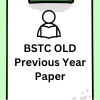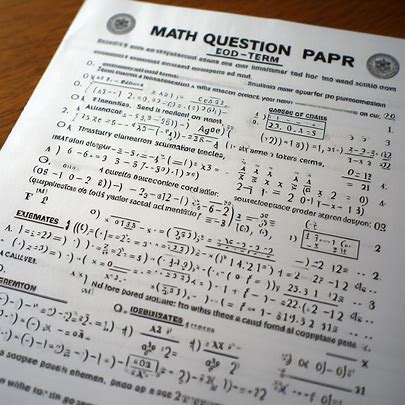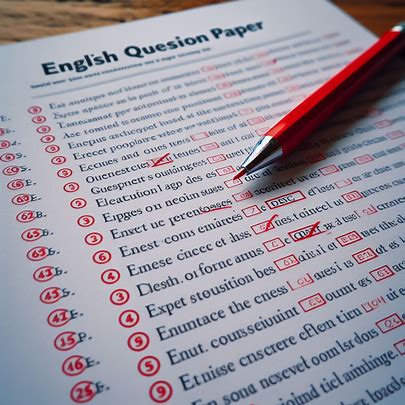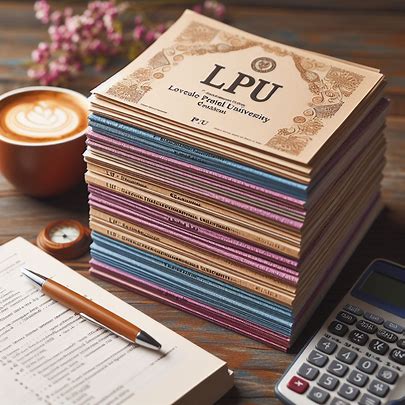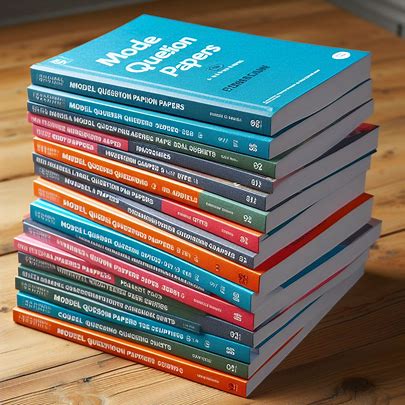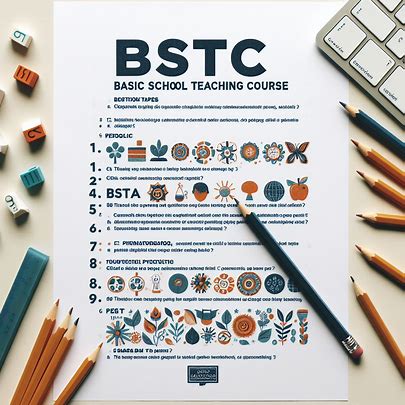10th Class SA1 Telugu Question Paper 2017 to 2018: A Comprehensive Guide
Introduction
The 10th Class SA1 Telugu Question Paper for 2017 to 2018 holds immense significance for students embarking on their scholastic journey. Not only does it assess their grasp of the Telugu language, but it also sets the stage for future academic pursuits. In this blog, we’ll explore the key aspects of this examination, its structure, and effective strategies to excel.

Understanding the SA1 Telugu Paper
- Subject Overview:
- Telugu, as a language, encompasses rich literature, grammar, and comprehension.
- The SA1 Telugu paper evaluates students’ proficiency in reading, writing, and understanding Telugu.
- Paper Structure:
- The SA1 Telugu paper typically consists of the following sections:
- Reading Comprehension: Assessing students’ ability to understand and interpret passages.
- Grammar and Writing: Evaluating their knowledge of grammar rules and writing skills.
- The SA1 Telugu paper typically consists of the following sections:
- Key Features:
- Structured Arrangement:
- The question paper is meticulously organized, covering various linguistic aspects.
- Students showcase their mastery of grammatical constructs, vocabulary, and comprehension.
- Comprehension of Texts:
- Passages within the paper test students’ ability to identify central themes, implicit meanings, and context-based questions.
- Grammar Evaluation:
- Specific sections focus on verb conjugation, noun morphology, and sentence structure.
- Writing Proficiency:
- Students must eloquently express their thoughts through essays, letters, and narratives in Telugu.
- Structured Arrangement:
Benefits of Solving Previous Years’ Papers
- Familiarity with Pattern:
- Solving previous years’ papers helps students understand the question format and distribution.
- It builds confidence and reduces anxiety during the actual examination.
- Practice Makes Perfect:
- Regular practice enhances writing skills, vocabulary, and comprehension.
- It reinforces concepts learned in class.
- Time Management:
- Practicing under timed conditions improves time management during the exam.
Exploring Strategies for Success
- Thorough Syllabus Coverage:
- Understand the prescribed syllabus thoroughly.
- Focus on grammar rules, vocabulary, and literary concepts.
- Practice Writing:
- Regularly write essays, letters, and short compositions in Telugu.
- Seek feedback from teachers or peers.
- Comprehension Practice:
- Read Telugu literature, newspapers, and articles to enhance comprehension skills.
- Practice summarizing passages.
SA1 Telugu Question Paper 2018-19 Syllabus
| Section 1: Comprehension and Vocabulary | Section 2: Grammar and Language Usage | Section 3: Essay Writing | Section 4: Poetry and Prose Analysis | Section 5: Telugu Language and Literature |
|---|---|---|---|---|
| Passage-based questions to evaluate reading comprehension abilities. | Assessment of grammatical concepts such as verb forms, sentence structure, and word usage. | Creative writing task centered on essay or composition writing | Questions pertaining to the prescribed Telugu poetry and prose for the academic year. | Inquiries testing knowledge of Telugu literature, language, and cultural facets. |
| Emphasis on vocabulary comprehension within context. | Application-based questions to assess language proficiency. | Topics spanning diverse themes, necessitating critical thinking and expressive writing. | Detailed analysis of literary elements, themes, and interpretive skills. | Focus on elucidating the historical and literary significance of Telugu language. |
| Various question formats, including multiple-choice and short-answer questions. | Focus on adhering to proper Telugu grammar rules. | Evaluation based on content quality, coherence, and linguistic finesse. | Emphasis on understanding the cultural and social contexts depicted in the literary works. | Understanding the role of Telugu in preserving cultural heritage. |
| Download Question Paper PDF | Link |
| Telugu – I | Click here |
| Telugu – II | Click here |
Conclusion
The 10th Class SA1 Telugu Question Paper 2017 to 2018 is an opportunity for students to showcase their linguistic abilities. Prepare diligently, practice consistently, and approach the examination with confidence. Remember, success in this assessment opens doors to future achievements. Best of luck! 🌟

